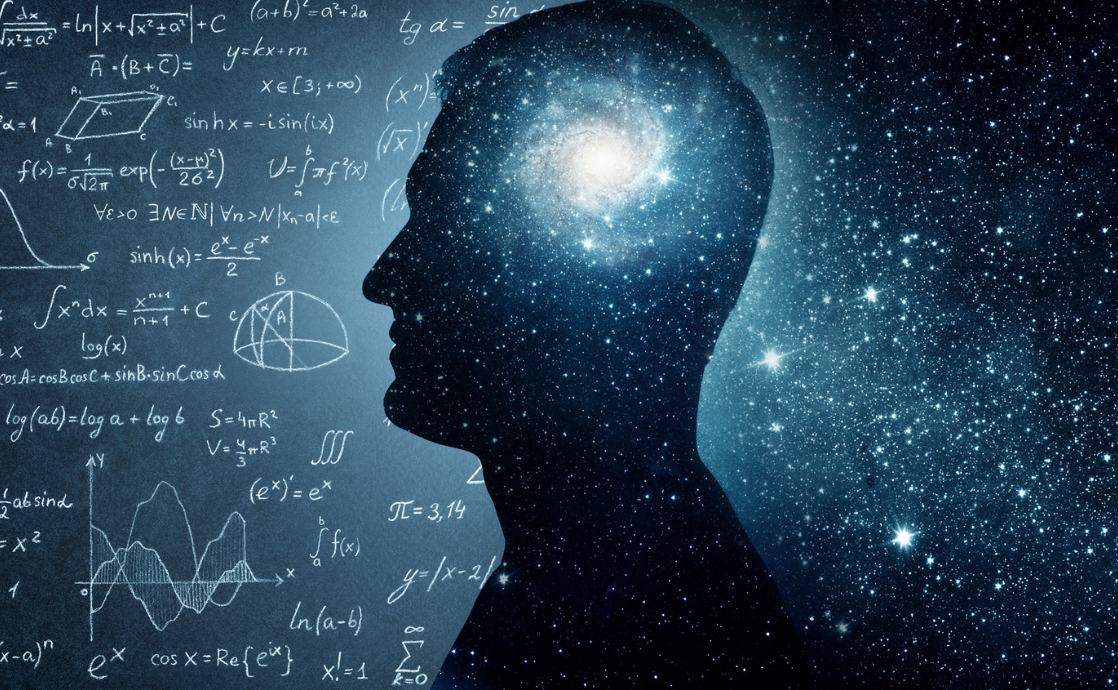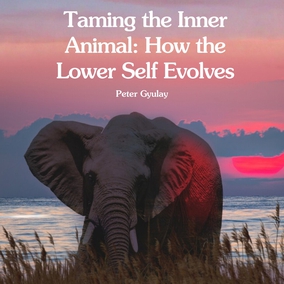The views expressed in our content reflect individual perspectives and do not represent the authoritative views of the Baha'i Faith.
Many years ago, Camm Maguire, a PhD graduate student at Princeton University, spent an hour patiently and with flip charts, explaining how string theory proved the existence of God.
At the time I followed along as best I could, as did the audience, to his fascinating, well-thought-out presentation. Camm’s utter respect for his listeners, and his own conviction that this was another way to understand the reality of the Creator, convinced us.
Throughout history many other scientists have pursued this elusive quest, attempting to prove the existence of a Creator by extrapolating from the miraculous, complex, and beautiful existence of the creation itself.
RELATED: Proof Number 1: Yes, God Exists
The God Particle
The Higgs boson – an elementary particle associated with the Higgs field – gives mass to other fundamental particles, such as electrons and quarks, when it encounters a force. Peter Higgs was a British theoretical physicist who, in the 1960s, had theorized what was called the Higgs mechanism, a new scaler field that exists everywhere by which certain elementary particles obtain mass. If particles did not have mass there would be no existence. The first extensive search for the Higgs boson was conducted at CERN starting in the 1990s. When first found in 2012, mainstream media dubbed it “the God particle” because of its importance.
On 10 December 2013 Peter Higgs and Francois Englert were awarded the Nobel Prize in Physics for their theoretical predictions in this area – which of course turned out to be true.
As a Baha’i, I’ve often thought of the Higgs boson, the Higgs field, and their connection to Abdu’l-Baha’s words about love:
Love is the most great law that ruleth this mighty and heavenly cycle, the unique power that bindeth together the divers elements of this material world, the supreme magnetic force that directeth the movements of the spheres in the celestial realms.
In that regard, I’ve asked myself questions about love. I love my wife, children, family, work, friends, and our neighbors. Baha’is try to love everyone and to show respect, be accepting, and to express that love by serving humanity. I hoped others would do the same, and tried to show tolerance when they didn’t. I knew I had flaws, and tried to learn and improve.
RELATED: Life, Matter and the God Particle
Love as the Life Force
Could it be such a stretch, then, to believe that love is the force, like the Higgs field, that provides the basis for all created things? Could love – stemming originally from the divine love of the Creator for His creatures – be the elusive universal force Einstein spent his life searching for? Could love be the glue that holds the atoms together? If so, where did it come from?
Certainly hate, prejudice, ignorance, or fear could not hold the universe together, I reasoned. Certainly love was better than those, or than nothingness. Certainly, there had to be more to life than a limited lifespan, death, and annihilation. If there was no God, love, soul, or eternal life, then what?
The Baha’i teachings affirm that love supplies the force that makes the physical universe cohere. Abdu’l-Baha, in a talk he gave at the Green Acre Baha’i School in Eliot, Maine in 1912, explained:
When we observe the phenomena of the universe, we realize that the axis around which life revolves is love, while the axis around which death and destruction revolve is animosity and hatred. Let us view the mineral kingdom. Here we see that if attraction did not exist between the atoms, the composite substance of matter would not be possible. Every existent phenomenon is composed of elements and cellular particles. This is scientifically true and correct. If attraction did not exist between the elements and among the cellular particles, the composition of that phenomenon would never have been possible. For instance, the stone is an existent phenomenon, a composition of elements. A bond of attraction has brought them together, and through this cohesion of ingredients this petrous object has been formed. This stone is the lowest degree of phenomena, but nevertheless within it a power of attraction is manifest without which the stone could not exist. This power of attraction in the mineral world is love, the only expression of love the stone can manifest.
This love of the Creator, then, exists in every created thing. It supplies the bond in each of our atoms. As Abdu’l-Baha said:
Love revealeth with unfailing and limitless power the mysteries latent in the universe. Love is the spirit of life unto the adorned body of mankind, the establisher of true civilization in this mortal world, and the shedder of imperishable glory upon every high-aiming race and nation.
For me, my personal experience of love for others, combined with critical thinking and the profound discoveries of science, have conclusively proven that a Creator exists. What about you?
















Comments
Sign in or create an account
Continue with Googleor